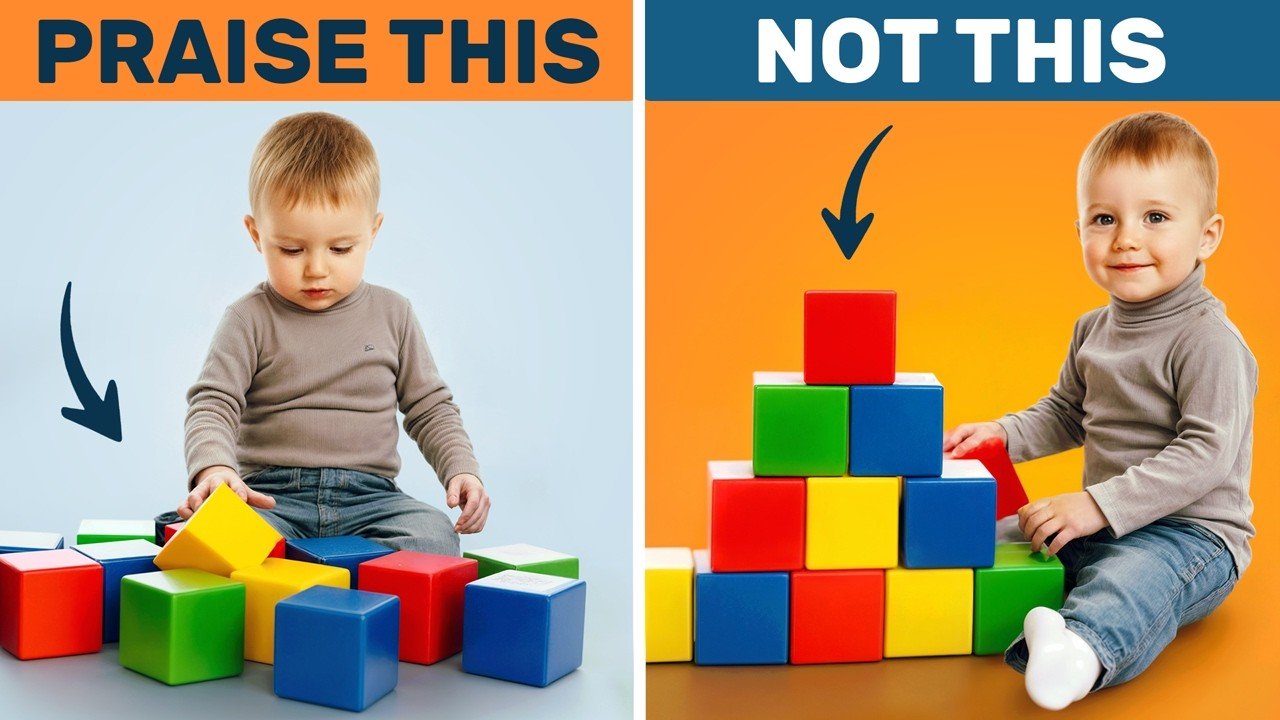As a parent, it’s essential to know the 13 key things before your child reaches the age of 3. Understanding how your toddler’s brain functions differently than yours can completely change your parenting approach. Emma Hubbard’s video sheds light on why toddlers have meltdowns, test boundaries, and what actions you can take to handle these situations effectively. From dealing with tantrums to setting predictable routines, this video provides invaluable insights for navigating the toddler years.
By recognizing that your toddler can’t always control their emotions and that consistent routines build confidence, you’ll be better equipped to guide your child through these formative years. Emma Hubbard emphasizes the importance of being your child’s teacher and allowing them to experience struggles to develop resilience. These simple yet powerful tips can help you create a supportive environment for your toddler’s growth and development.

Understanding Toddler Behavior
As a parent, understanding your toddler’s behavior is crucial in navigating the challenges that come with raising a child under the age of 3. It is essential to remember that your toddler cannot control their big feelings yet. Toddlers lack the emotional regulation skills that adults possess, making them more prone to meltdowns and tantrums. These outbursts are not manipulative acts but rather cries for help. By recognizing this, you can approach tantrums with empathy and understanding, helping your child navigate through their emotions.
One thing to keep in mind is that you will often have to repeat yourself when communicating with your toddler. Toddlers are still developing their language skills and understanding of the world around them, so repetition is key to reinforcing your messages. When providing instructions, focus on telling your child what they should do rather than what they should not do. Positive reinforcement and redirection can be more effective in guiding their behavior.
When faced with a situation where your toddler is not responding to your instructions, try counting to 10 before repeating yourself. This pause can help you stay calm and composed, allowing you to communicate more effectively with your child. Additionally, when praising your child, emphasize their effort rather than their intelligence. This approach can foster a growth mindset and encourage perseverance in your child.
Managing Behavior Challenges
Behavioral challenges in toddlers can often be linked to underlying factors such as hunger. Hunger can significantly impact a child’s behavior, leading to irritability and crankiness. Ensuring that your child is well-fed and has regular meals and snacks can help prevent behavior issues stemming from hunger.
Avoid sending mixed messages to your child, as this can create confusion and anxiety. Consistent and clear communication is essential for helping your toddler understand expectations and boundaries. Predictable routines can also contribute to a child’s confidence and sense of security. Establishing a consistent daily schedule can provide structure and stability for your toddler, helping them feel more secure in their environment.
As a parent, you play a crucial role as your child’s most important teacher. Your actions and behaviors serve as models for your child to learn from, so it is essential to demonstrate positive behaviors and communication skills. It is also important to allow your child to struggle and learn from their experiences. In facing challenges, toddlers develop resilience and problem-solving skills that will benefit them throughout their lives.
Creating a Supportive Environment
When creating a supportive environment for your toddler, consider the impact of offering too many choices. Providing an abundance of options can overwhelm a young child, making decision-making challenging. Instead, offer limited choices to help your child feel more in control of their decisions.
Encouraging your child to live in the moment can also foster their mindfulness and awareness of their surroundings. Toddlers naturally experience the world with curiosity and wonder, so embracing and nurturing this innate quality can help them develop a sense of appreciation for the present moment. By engaging with your child in activities that encourage mindfulness, you can help them cultivate a sense of calm and presence in their daily lives.
In conclusion, understanding your toddler’s behavior, managing behavior challenges, and creating a supportive environment are vital aspects of parenting a child under the age of 3. By approaching your child’s behavior with empathy, patience, and positive reinforcement, you can foster a strong and loving relationship with your toddler while supporting their growth and development. Remember that every child is unique, and it is essential to adapt your parenting style to meet your child’s individual needs and preferences.

